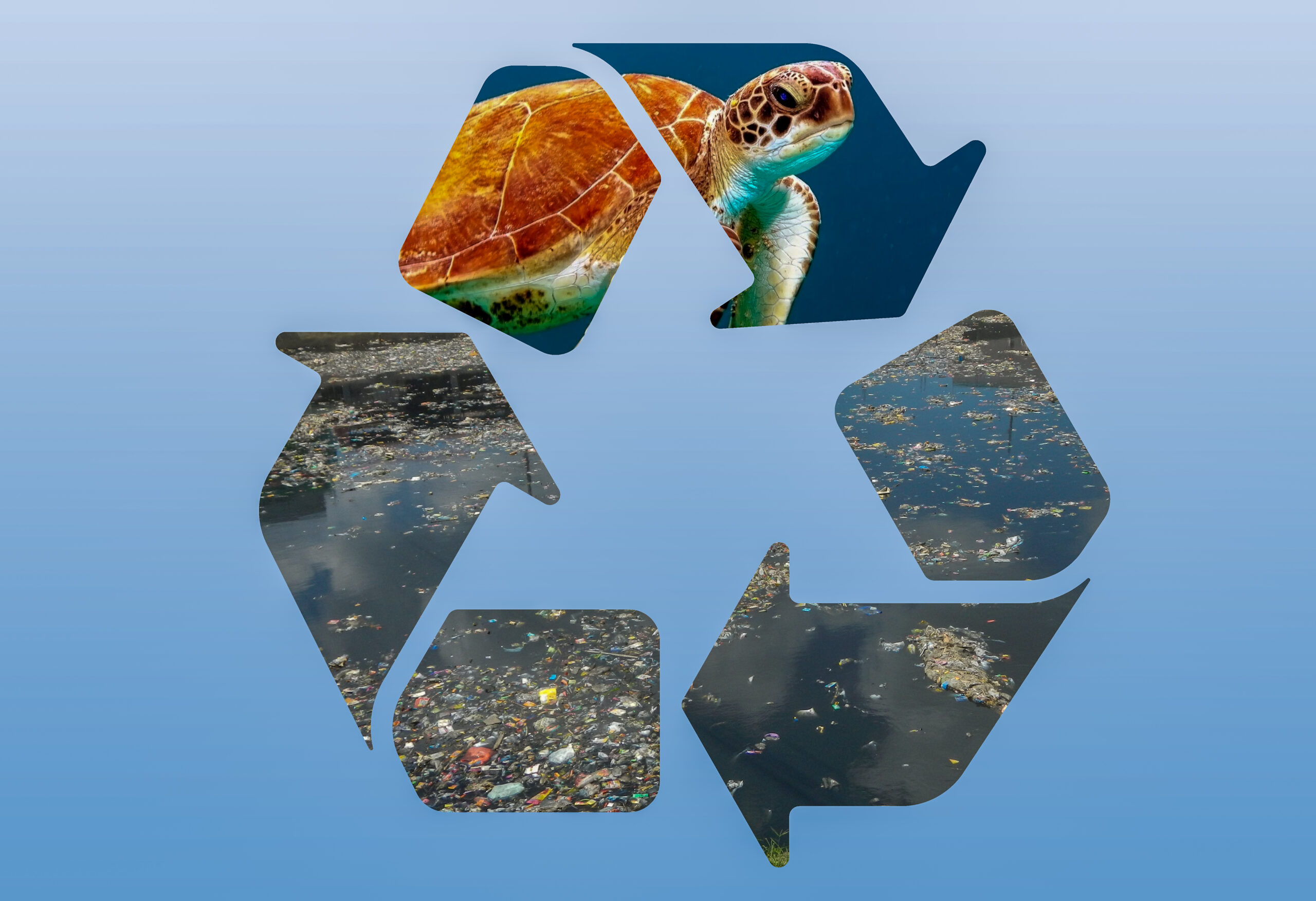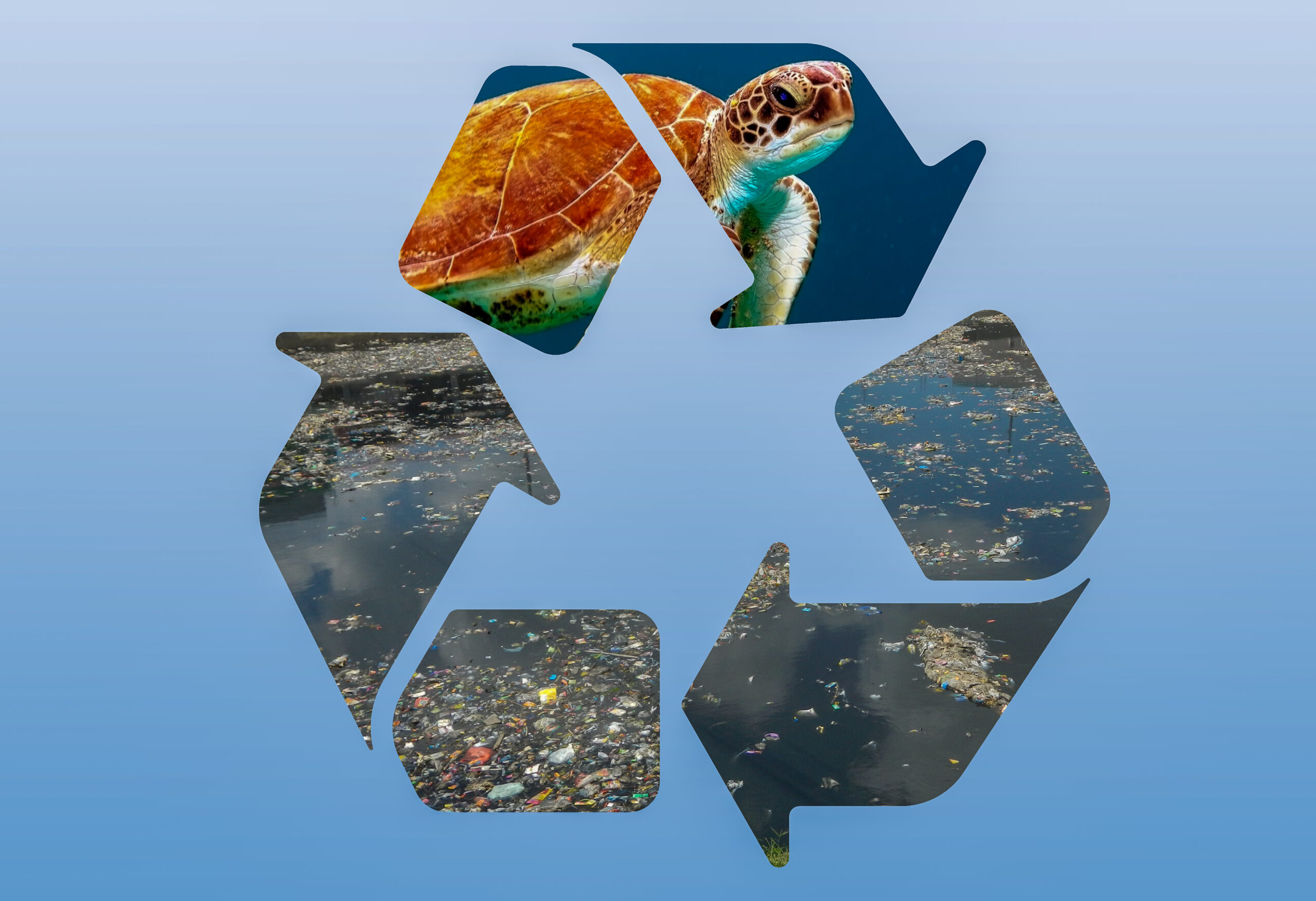Individual conservation efforts are mostly futile

Metal straws, tote bags, shorter showers, recycling, meat reduction, electric cars and reusable everything—the ways individuals are told to reduce their carbon footprint seem at times endless, but are nonetheless perceived as a noble effort to single-handedly save the planet.
The depressing reality is this: you and your efforts don’t really matter. (Cue the sad music and introspective single-tear.) Individual efforts to solve climate change, reduce carbon output and yes, save the turtles, are a piece of dust in comparison to the shitstorm that is global greenhouse gas emissions produced by large corporations.
Figures for where the earth is heading are daunting: if we continue down our current path, climate change could result in billions of dollars of damage to the U.S. economy, the loss of homes to nearly two billion people and before the year 2100, cause up to 250,000 deaths a year.
These realities are grim and the instinct to run out and buy whatever recycled feather duster or vibrator Gwenyth Paltrow is pushing is totally understandable. If we as individual citizens really were totally responsible for the future state of the planet, then the push to change our personal consumption habits makes a lot of sense—but by and large, we aren’t.
That’s not to say we should start huffing fossil fuels and opening up our own fracking MLM, but it does mean we need to acknowledge that turning the responsibility of climate action from the corporations responsible to ourselves is a deliberate and planned move designed by these corporations to keep us from guessing who really has the power to make change.
Individual versus corporate carbon footprints
I remember fondly nearly 14 years ago sitting in my second-grade classroom learning about the reduce-reuse-recycle program. That plan is still a major focal point for many individuals in their efforts to conserve, which is concerning.
If I’m meant to personally save the planet with a plan I learned while wearing sparkly Crocs with enough Jibbitz on them to anchor a small boat, we aren’t doing much in the way of improving our efforts.
Herein lies a central issue: we have been given a ‘roadmap’ to help revive the planet that is set up so we feel our actions are inadequate and that is our fault, and thus, it is because of us the climate crisis worsens.
Nevermind the fact that just 100 companies are the source of more than 70% of the world’s total greenhouse gas emissions—no it’s me, with my faulty knowledge of different recycling numbers and love for sushi that will send us to our doom, not those few companies responsible for nearly three-fourths of the entire planets output. I’m just the worst!
Don’t get me wrong, the average American will make a ton of waste in their lifetime—16 tons to be exact. That is truly a disturbing amount of waste and damage to the planet. But, and this is a big, fat but, large companies produce so much more damage than one person could even imagine.
Take the company ExxonMobile. In 2019 alone, they produced 120 million tons of carbon dioxide equivalent. That means, in one year, this company produced the amount of waste it would take you 7.5 million lifetimes to produce, and this is only one example.
Sure, recylce, make smart changes, cut back on meat every once in a while if you can. Do all the things that would put earth-conscious VSCO girls to shame. But please, also harass your local and state senators to make necessary changes for the enviroment (it’s way more fun anyways).
Our guilt is a tool
Let’s return to my young days filled with questionable fashion choices when I first learned about recycling. Even with Mr. Big Bad Corporation, recycling is still a good move, right? Recycling helps the planet, right? Recycling is backed by and pushed for by environmentalists, right?
Well, maybe not so much. NPR found that the recycling industry worked to convince the public that the majority of plastic would be recycled. Well, it wasn’t, and the same people pushing recycling made billions off of selling more plastic.
Larry Thomas, the former president of the Society of Plastics Industry said, “If the public thinks that recycling is working, then they are not going to be as concerned about the environment.”
When we feel guilty, we feel bad and blame ourselves for climate crises. Recycling is a tool that can play off that guilt, telling us, “You’re doing great, friend! Look at you with your special garbage can. Greta Thunberg who? You’re the real climate activist.”
The commercials that promised us that plastic was special and we should recycle it made us feel good for ‘doing our part.’ Unfortunately, those ads failed to mention that they were paid for by the plastics industry.
But it’s not just companies forming how we configure what ‘doing our part’ really means, it’s companies forming what we think about climate change and personal responsibility in general. Climate change denial is the scourge of every zero-waste environmentalist, but more than this, it is funded by fossil fuel interests.
IF you feel like you can change the state of our slowly dying world, you’ve fallen victim a national campaign to mislead the public about who is responsible for climate change. When people either don’t think climate change is real or think they are the one’s leading the charge to halt it, they give these companies exactly what they want: anonymity.
At the same time, just in case people do get wise, fossil fuel companies are lobbying for trillions of dollars in government subsidies to make fossil fuels cheaper and make renewable energy sources harder to implement.
So individual efforts truly don’t matter. We are responsible for our behavior, which is something, but our ability to stop companies from funding climate change denial, massive greenhouse gas emissions, lobbying to make renewable resources harder to access—these are the big players in the game and they are out of our reach.
So what do we do?
While we might not be able to make these necessary changes, our politicians and government can. They have the power to enact legislation that could force industry standards to be more sustainable.
Your not using straws or making the switch from plastic to paper is something, but making an effort to elect politicians who will enact policies that will force companies to be held accountable for destroying the planet might be far more worth your time.
If we want to be true champions for earth, we need to demand an elimination to fossil fuel subsidies. It’s a lot more jargon-y and technical than, “Save the turtles,” but maybe it will actually save the damn turtles. Support carbon taxes, green energy and pushes in the energy market for fair competition.
Sure, recycle, make smart changes, cut back on meat every once in a while if you can. Do all the things that would put the earth-conscious VSCO girls to shame. But please, also harass your local and state senators to make necessary changes for the environment (it’s way more fun anyways).
